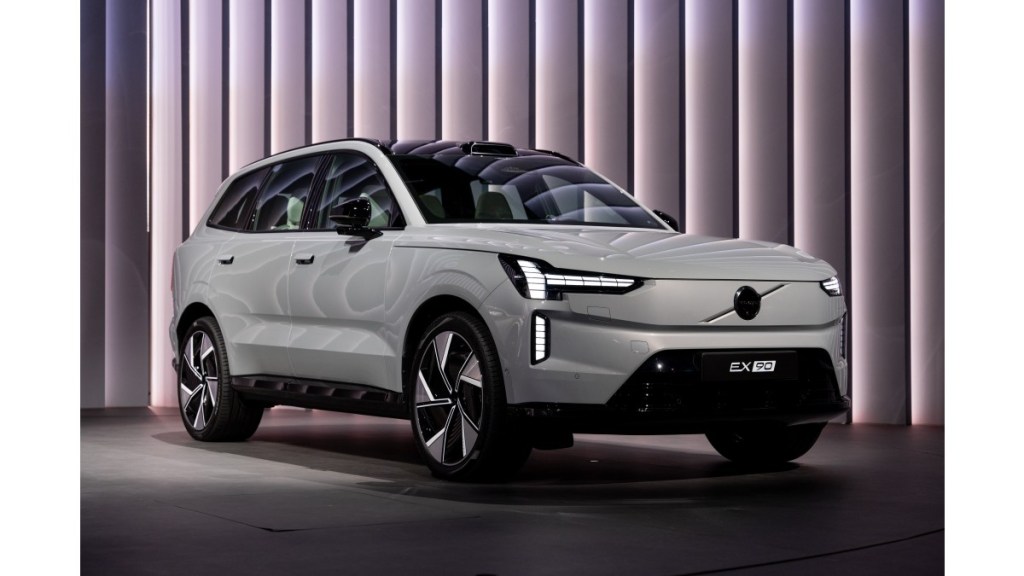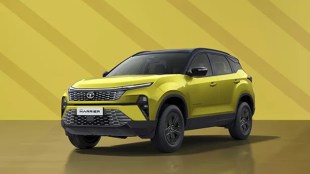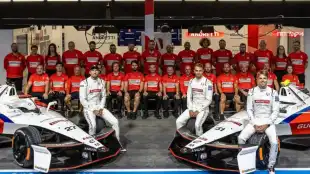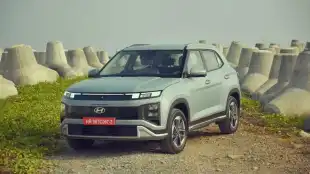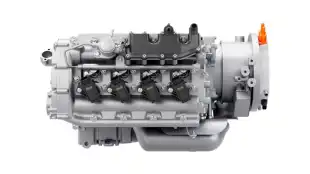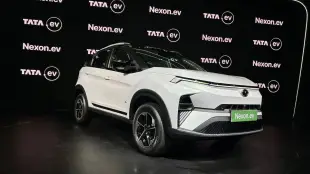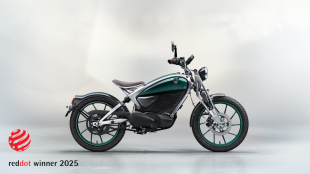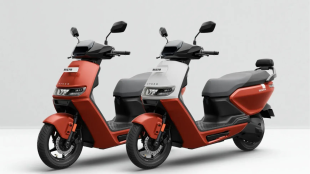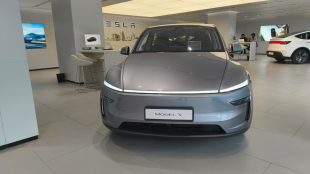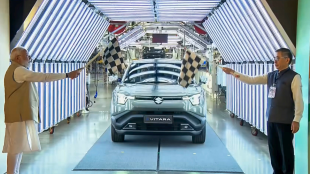Volvo Cars is facing a massive challenge as the Swedish-based company announced that it will take a one-off non-cash impairment charge of $1.19 billion in the second quarter of 2025. The auto company has further stated that it is adjusting the financial assumptions for the EX90 and ES90 platform, due to previous launch delays and new U.S import tariffs. Due to subsequent additional development costs, the Volvo EX90 will have a reduced lifecycle profitability, despite a major upgrade of software quality and a planned volume ramp-up. Meanwhile, due to import tariffs, the company is currently unable to sell the Volvo ES90 profitably in the United States, while ES90 margins are also under pressure in Europe for the same reason.
Costly mistakes will not deter Volvo’s EV plans
Volvo Cars has confirmed that this massive challenge will not be a roadblock in the company’s plans to invest in its next-generation electric car architecture and software capabilities. These will underpin several upcoming high-volume programmes, including the all-electric Volvo EX60, which is on track and will be launched and start production in 2026.
“Given market developments such as import tariffs in the US, development and launch delays for the EX90 and strategic investment prioritizations, we have reassessed volume assumptions for these two cars. This has resulted in a lower than planned lifecycle profitability,” said Fredrik Hansson, CFO at Volvo Cars.
The charge primarily reflects adjustments in expected volumes and planned lifecycle profitability associated with the platform for the EX90 and ES90 cars, rightsizing the assets to the known market realities. $416 million of the charge is estimated to impact the cost of sales, and the majority of the remaining amount affects the R&D line in the financial reporting.
The effect on group net income will be $936 million and will be reported in Volvo Cars Q2 results, scheduled to be disclosed on 17 July 2025.
“The development of the EX90 and ES90 has laid a critical technological foundation for our future, with the Volvo Cars Superset tech stack,” Hansson continues. “The learnings and core systems we developed, including core computing and electric drivelines, will be used in next-generation platforms. These innovations are key to realising our long-term electrification and software-defined vehicle strategy, putting Volvo Cars at the technological forefront of the auto industry.”
The upcoming EX60, built on the company’s next-generation architecture, will deliver significant cost reductions and performance improvements. This is thanks to, among other things, the introduction of mega-casting of car parts, cell-to-body technology that integrates batteries in the car body and the next generation of in-house developed e-motors.
